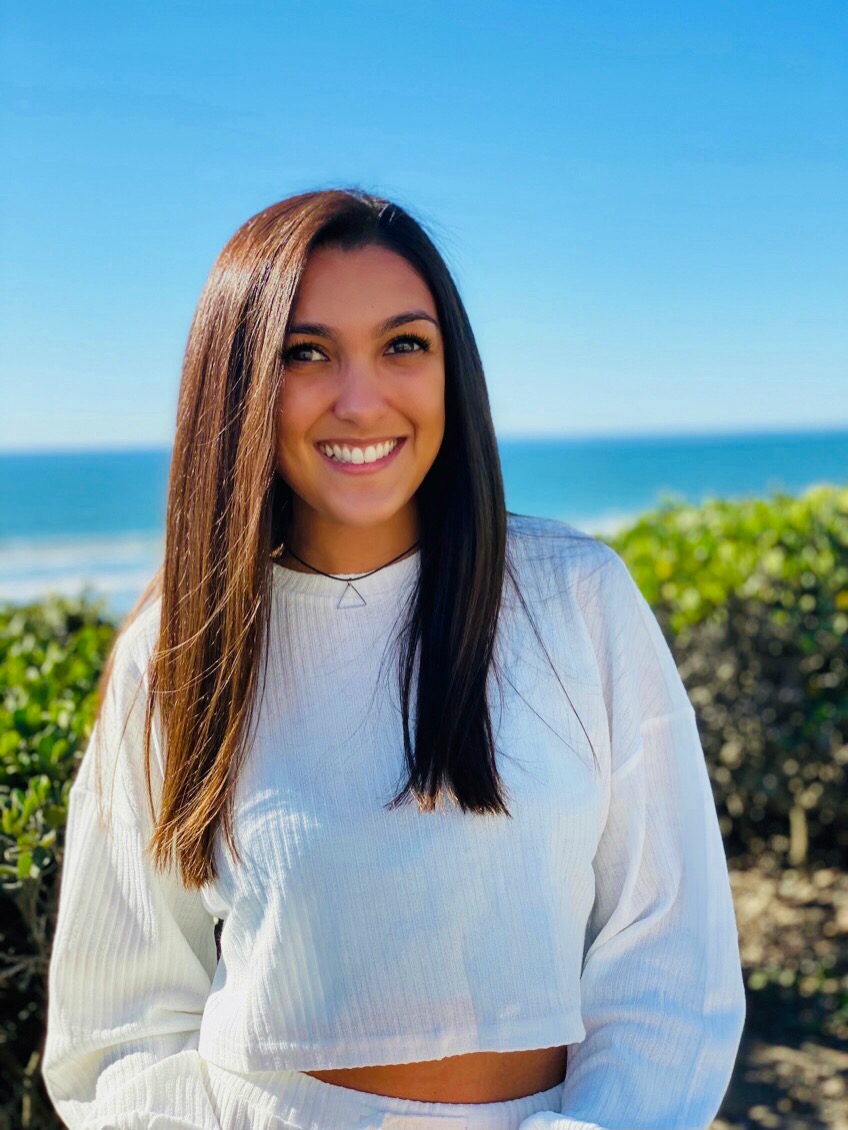“The second half of my life began as soon as I started addressing this.”
Starting at age 9, Kaylee Conway was sexually abused by an extended family member. As with most children experiencing sexual abuse, she didn’t have the words to understand what was happening at the time.

“By the time I figured out it was wrong, it was over and I seemed ‘okay.’”
The passing of time made Kaylee doubt herself and worry that there was nothing to come forward about.
When Kaylee was 15, she decided to confide in her older brother about the abuse.
“He was incredible. He hugged me, told me everything would be okay, and asked ‘What do you need from me?’”
When Kaylee told him that she wasn’t ready to tell anyone else, he kept her secret. The first person a survivor discloses to is pivotal, so for Kaylee, her brother’s support made her more comfortable later on disclosing to her mother.
Kaylee’s mother responded with shock, but was extremely supportive.
“Behind the scenes, she was shielding me from a lot. The perpetrator was my dad’s best friend; that was really hard. My mom took that on and didn’t have me do it. It was so hard for me to talk to just her about this, but with my dad… I was his little girl. I was so scared of what his reaction would be in my defense. My mom let me know I didn’t have to be the one to tell him. She told my aunts and uncles and got the perpetrator away from us.”
Despite her family reacting in a very supportive way, Kaylee still struggled to talk about the abuse with any family members beyond her mother.
“To me, there was always this elephant in the room. I wanted to talk about it, but didn’t know how. I thought that because they didn’t ask, they didn’t want to talk about it. I blamed a lot of my extended family members for not bringing it up, but I wasn’t ready for that conversation either.”
At age 15, Kaylee initially tried to press charges, but she found the criminal justice system to be unsupportive of survivors, especially survivors of childhood sexual abuse.
“From my experience, I wish that there was more involvement of therapists and other people to support survivors during law enforcement interviews. I didn’t think that the officers who took my case asked me the right questions. There was no trusted adult in the room. They weren’t trained in how to interact with and question kids; they were just pulling information out of me and didn’t explain the process at all… The way they did it, I felt very retraumatized by the whole thing. I felt like it was happening all over again.”
When the officers working Kaylee’s case began to call her teenaged friends as a part of their investigation, she’d had enough.
“I stopped the case, stopped the investigation. I didn’t have any control over what was happening. I’d lost control again for the second time in my life.”
This negative experience with law enforcement prevented Kaylee from seeking any sort of justice again. She started to repress what happened to her.